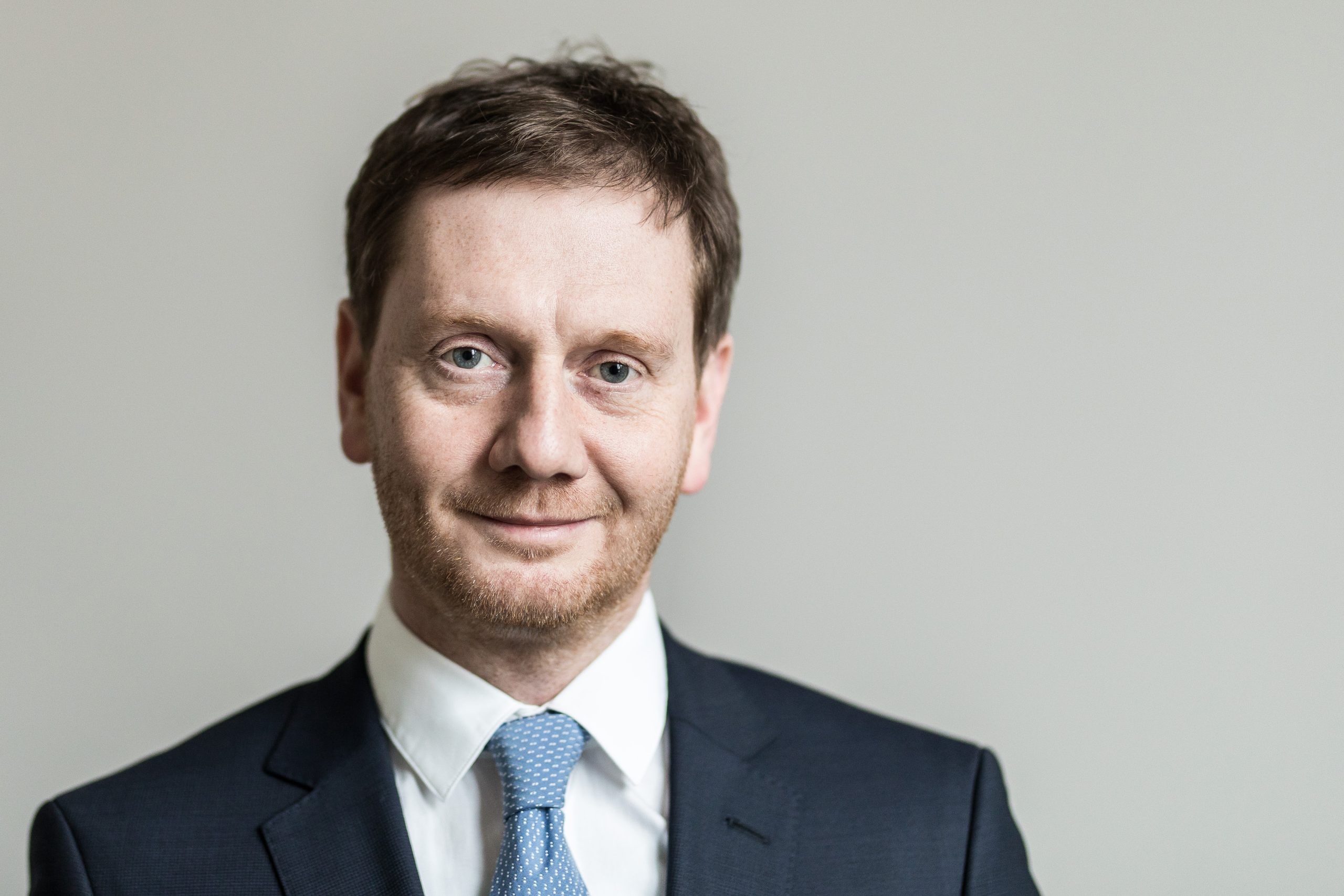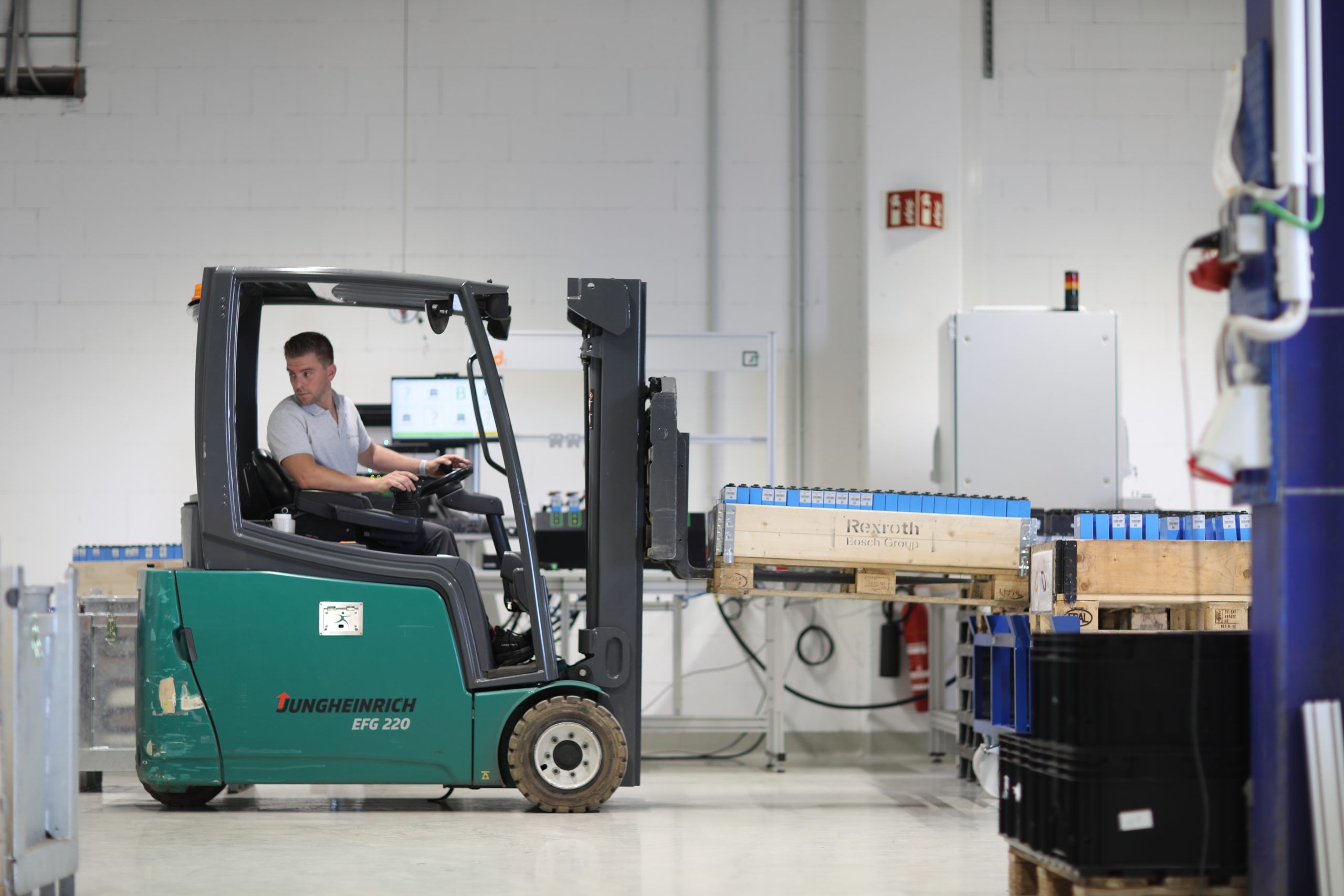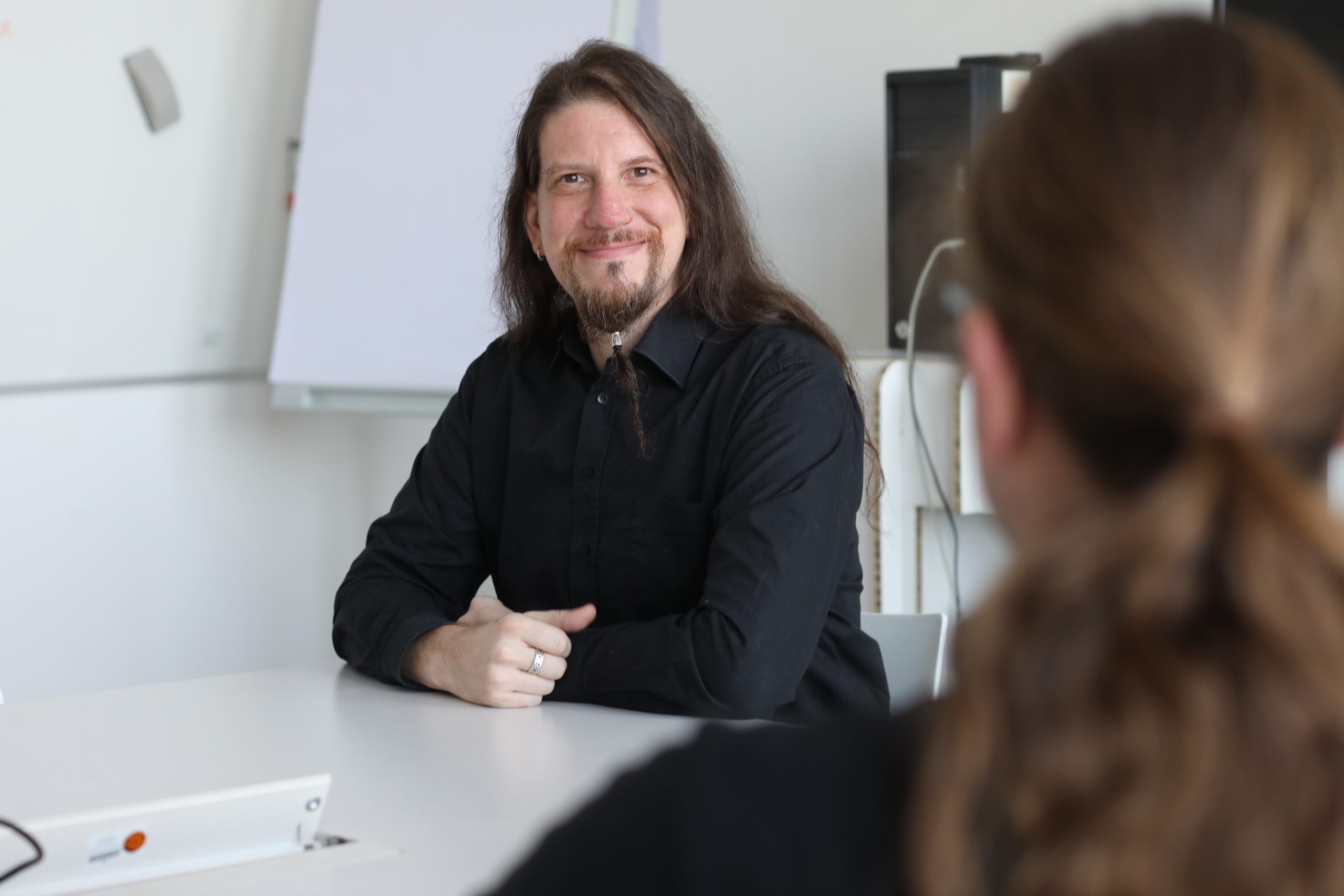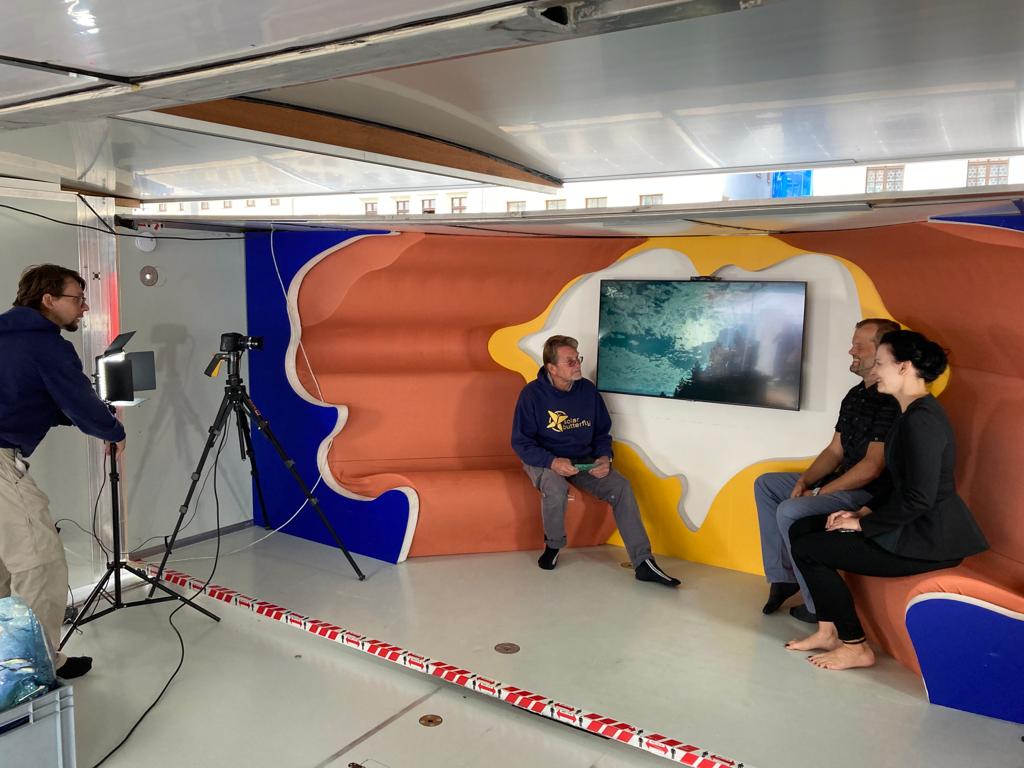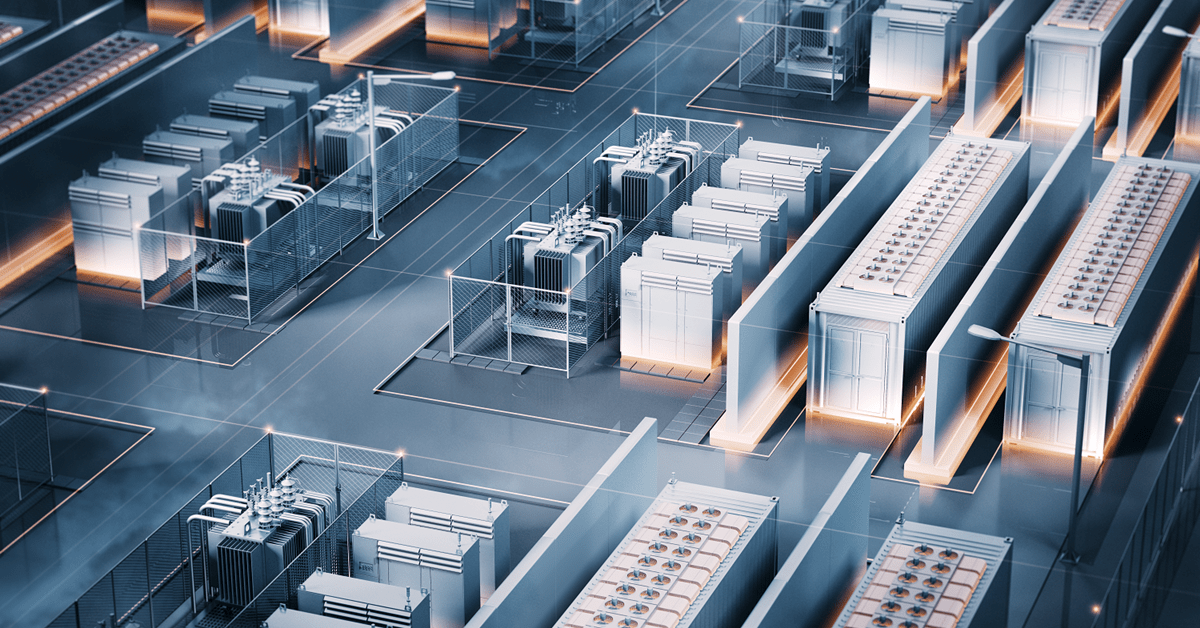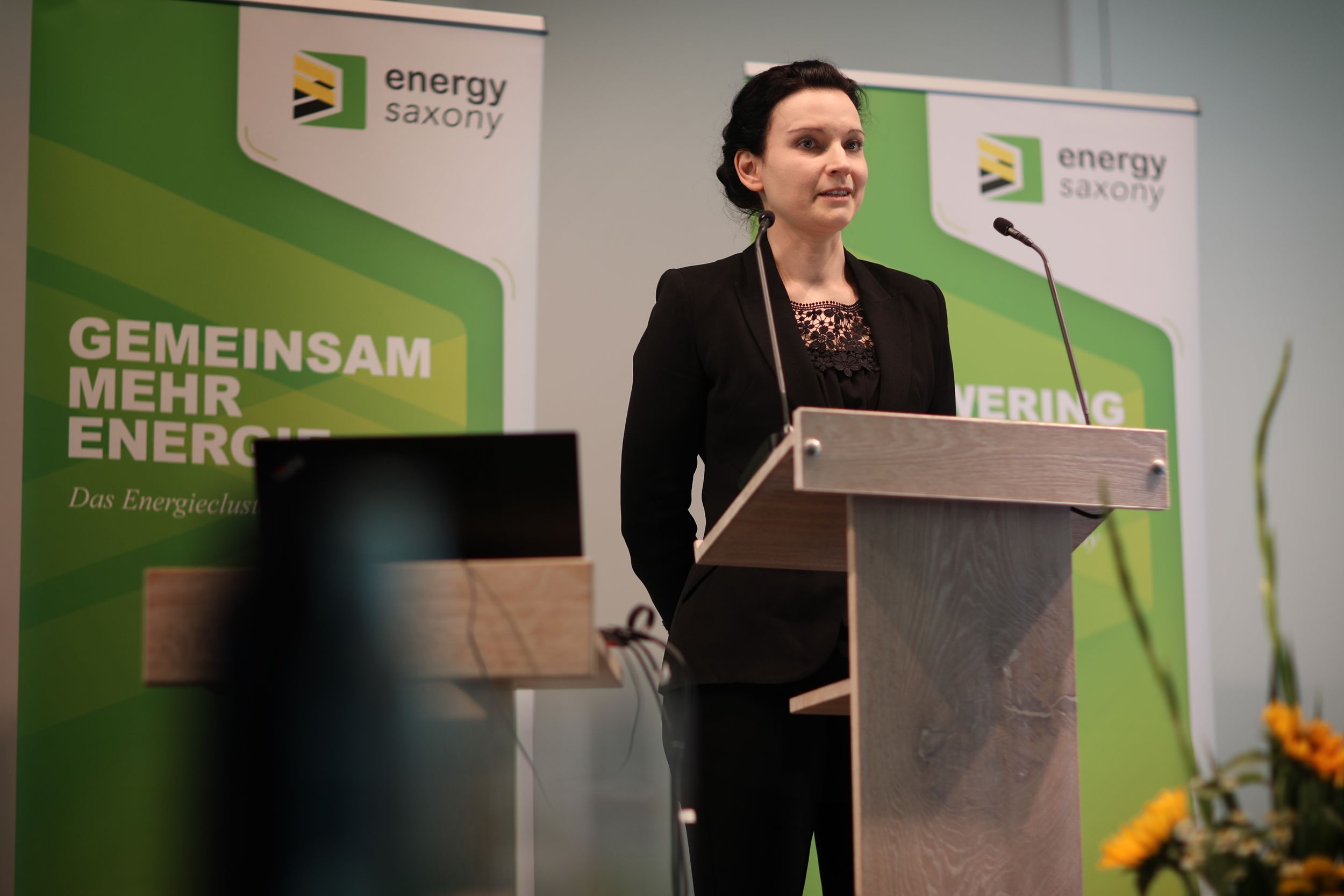Together with Minister President Michael Kretschmer and our partners from JT Energy Systems and Tricera, we had the pleasure of opening Saxony’s largest battery storage facility in Freiberg this autumn. We are grateful and also a little proud that we can be part of this innovative project with our globally unique technology. After battery diagnosis with our test systems, used forklift batteries are given a second or even third life in Freiberg’s battery storage facility. In addition, we use our artificial intelligence to ensure that the storage system runs safely and optimally fulfills its function as a network buffer. Of course, we were particularly pleased about the great interest of the state government in this ambitious cooperation between three Saxon companies. In an interview with our employee Anne Schwerin, Minister President Micheal Kretschmer reports on why it was important for him to be present at the opening and what he himself does in his everyday life to act as sustainably as possible.
Mr. Kretschmer, why was it important to you to personally inaugurate the largest battery storage facility in Saxony in Freiberg?
These are turbulent times due to the gas supply crisis and the resulting significant price increases in the gas and also electricity markets. Energy is the Achilles heel of any economy, and security of electricity supply is a high priority in an industrialized nation like Germany. The battery storage system makes an important contribution to this.
What excites you most about the project?
The companies involved are pooling Saxon know-how with this project. The technology of giving used but fully functional batteries a second life is unique in the world. This not only makes ecological sense, it also conserves resources, which are scarce anyway.
Artificial intelligence is used in the Freiberg battery storage system. How do you take away people’s fear of such future technologies in Saxony?
Artificial intelligence is a key technology of the future. With it, we manage to process large amounts of data and gain insights from it that help us tackle current problems. In this case, artificial intelligence enables the recycling of batteries and thus contributes to environmental protection and the sustainable use of raw materials. Innovative solutions also strengthen Saxony’s economy and create new jobs with good wages as well as real export opportunities. In this context, the Free State promotes the cooperation of startups and companies with research and science and provides the legal framework.
The topic of energy is on everyone’s mind right now. But the increasing scarcity of resources is also causing problems for companies in Saxony. What do you recommend companies do to remain as capable as possible of acting independently of world events?
Climate change as well as the current situation of energy supply due to the war of aggression on Ukraine have an enormous impact on our behavior and handling of resources. Whether in the private or business sector, a change in thinking must take place. Nevertheless, new solutions must be found, not least to strengthen the circular economy. There are many individual ways of doing this — whether it is your own photovoltaic system or the recycling of supposed “waste”. In Freiberg, we see an example of how this can work.
What do you do yourself to act as sustainably as possible in your everyday life?
Even with small things, you can help to live more sustainably. For example, we pay a lot of attention to regional and seasonal product selection when shopping. For our house, we opted for a solar system and heat pump, and when we travel privately, we choose the destinations very consciously.
Photo: Michael Kretschmer, Minister President of the State of Saxony (Source: CDU State Association)

